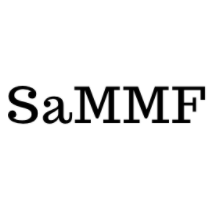“Regulatory Interventions in Consumer Financial Markets: The Case of Credit Cards,” joint with Alessandro Gavazza
Abstract: We build a framework to understand the effects of regulatory interventions in credit markets, such as caps on interest rates and higher compliance costs for lenders. We focus on the credit card market, in which we observe U.S. consumers borrowing at high and very dispersed interest rates, despite receiving many credit card offers. Our framework includes two main features that account for these patterns: endogenous effort of examining offers and product differentiation. Our calibration suggests that most borrowers examine few of the offers that they receive, thereby foregoing cards with low
interest rates and high non-price benefits. The calibrated model implies that interest rate caps reduce credit supply modestly and curb lenders’ market power significantly, leading to large gains in consumer surplus, whereas higher compliance costs unambiguously decrease consumer surplus.
